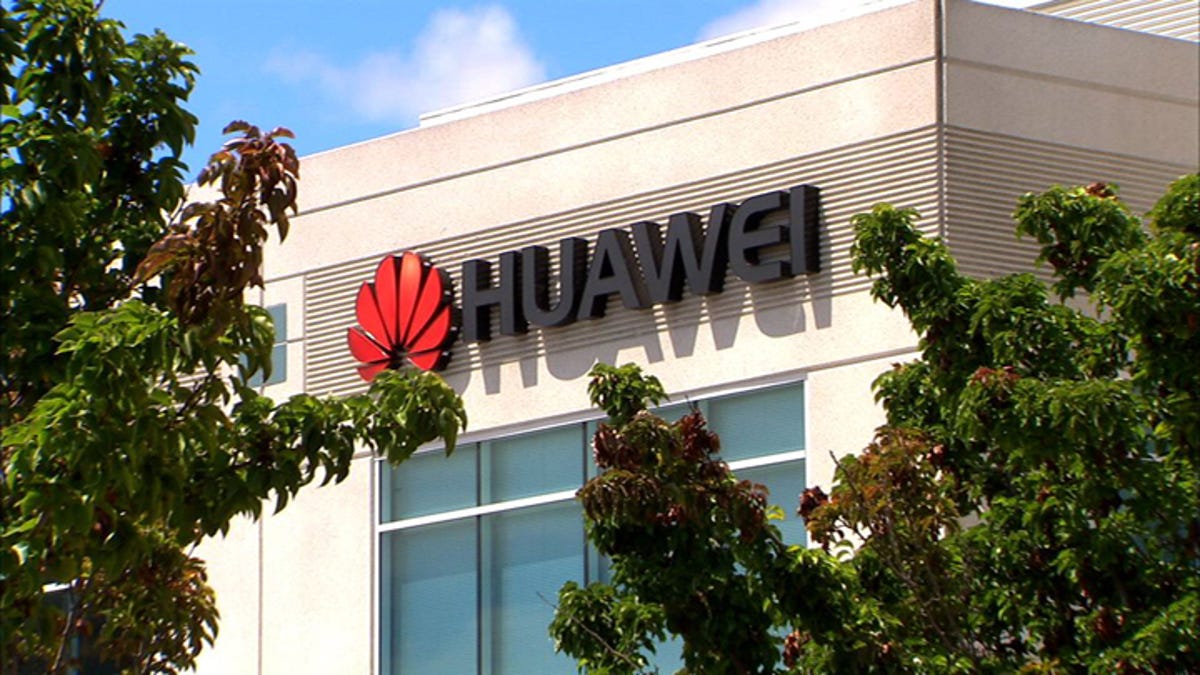Huawei eyes its own mobile OS, just in case
The company tells Reuters that it's developing its own platform in case its partners one day decide to stop letting it use their operating systems.

Huawei has ambitions to build its own mobile operating system as a fail-safe in case Google's Android or Microsoft's Windows Phone platforms someday are no longer available to the Chinese telecommunications giant.
Huawei told Reuters that it is devoting resources to its own platform, which would lessen its dependence on other companies and provide it with an alternate plan if access to either Android or Windows Phone were somehow shut off.
The comments come amid a lot of activity in the mobile operating system world, including major Android supporter Samsung losing to Apple in a key patent battle in California, and Google squashing Acer's attempt to use an operating system built by Alibaba, which Google argues is an incompatible variant of Android.
Huawei, which still counts a majority of its business in telecommunications equipment, has grown in influence and sales in the smartphone business. The company is in the middle of a campaign to establish its brand to consumers, particularly here in the U.S., where its commercials were seen throughout the Olympic games.
In the U.S., Huawei is little-known, and most of its phones are supplied unbranded to low-cost carriers such as MetroPCS. Overseas, the company actually has an array of thin, attractive, and powerful phones. The company said it would expand its Android lineup, as well as build Windows mobile devices. Following Samsung and LG's lead, the company also plans mobile devices with larger screens that aren't quite as large as a tablet, a new category some have coined the "phablet."
Huawei continues to be dogged by concerns that it has ties to the Chinese government and military, and has been the subject of congressional hearings to determine whether it poses a threat to the U.S.
See also: Inside Huawei, the Chinese tech giant that's rattling nerves in DC.

